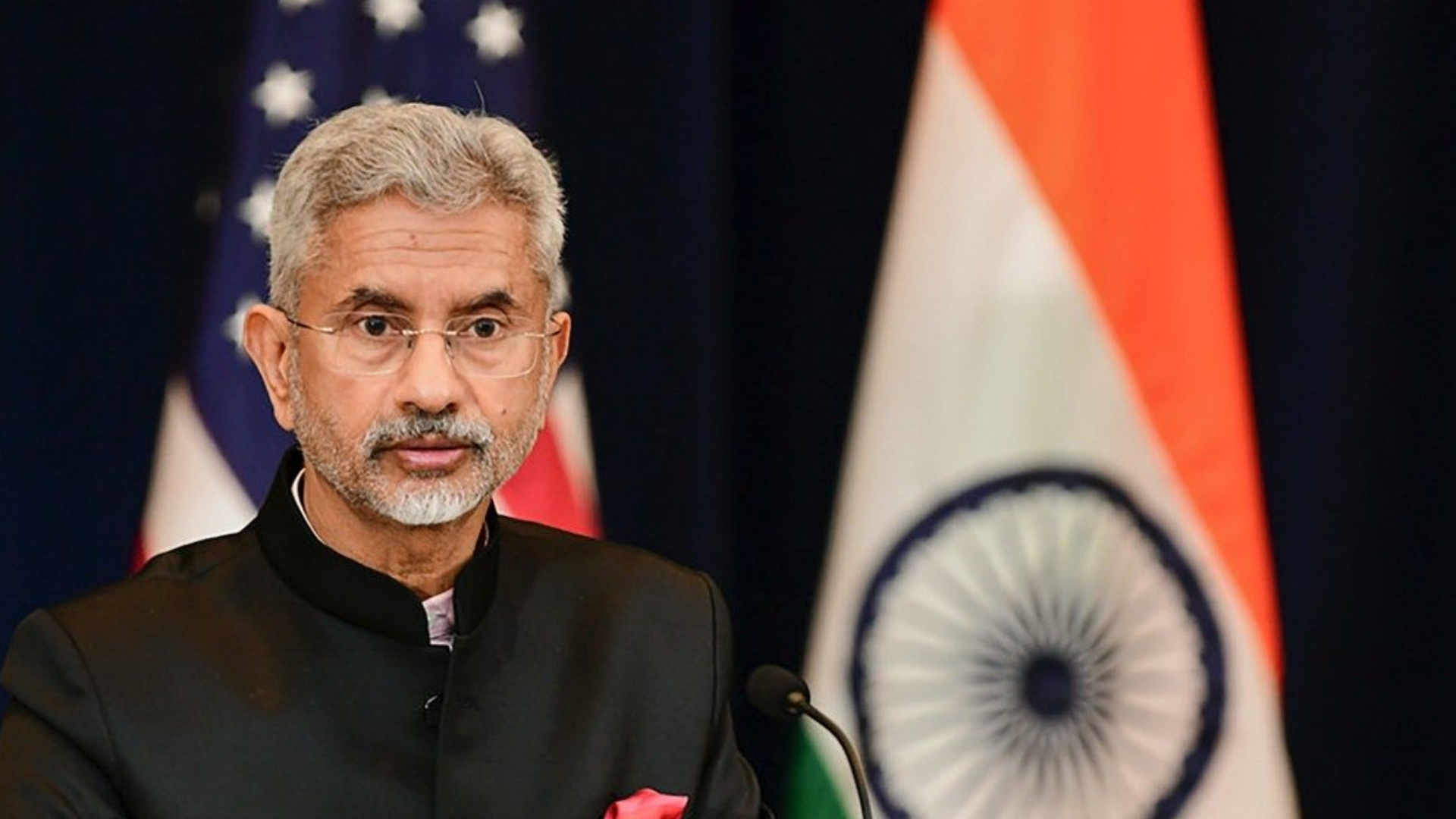External Affairs Minister S Jaishankar made a bold statement on Saturday, addressing criticism surrounding the implementation of the Citizenship Amendment Act (CAA) and questioning the global understanding of historical events. He emphasized the government’s obligation to those who were let down during the partition of India.
Jaishankar firmly defended the implementation of the CAA, stating, “I am not questioning the imperfections or otherwise of their democracy or their principles or lack of it. I am questioning their understanding of our history.” He highlighted that comments from various parts of the world often overlook the challenges and problems resulting from India’s partition, which the CAA aims to address.
The EAM urged critics to reevaluate their own policies before accusing India of favoring specific faiths, citing examples of similar policies in other countries. He mentioned amendments like the Jackson-Vanik Amendment for Jews from the Soviet Union, the Lautenberg Amendment for Christians and Jews in the 1999 Soviet Union, and fast-tracking citizenship for specific ethnicities such as Hungarians after the Hungarian revolution and Cubans in the 1960s.
The Citizenship (Amendment) Rules, 2024, enable eligible individuals under the CAA-2019 to apply for Indian citizenship through a completely online mode, facilitated by a government-provided web portal. The Centre recently notified the rules for implementing the Citizenship Amendment Act on March 11.
The CAA, passed in 2019, seeks to grant Indian citizenship to refugees who faced religious persecution in Afghanistan, Pakistan, and Bangladesh and sought shelter in India before December 31, 2014, belonging to six minority communities. It aims to remove legal barriers to their rehabilitation and citizenship, providing them with a dignified life after years of suffering.
















